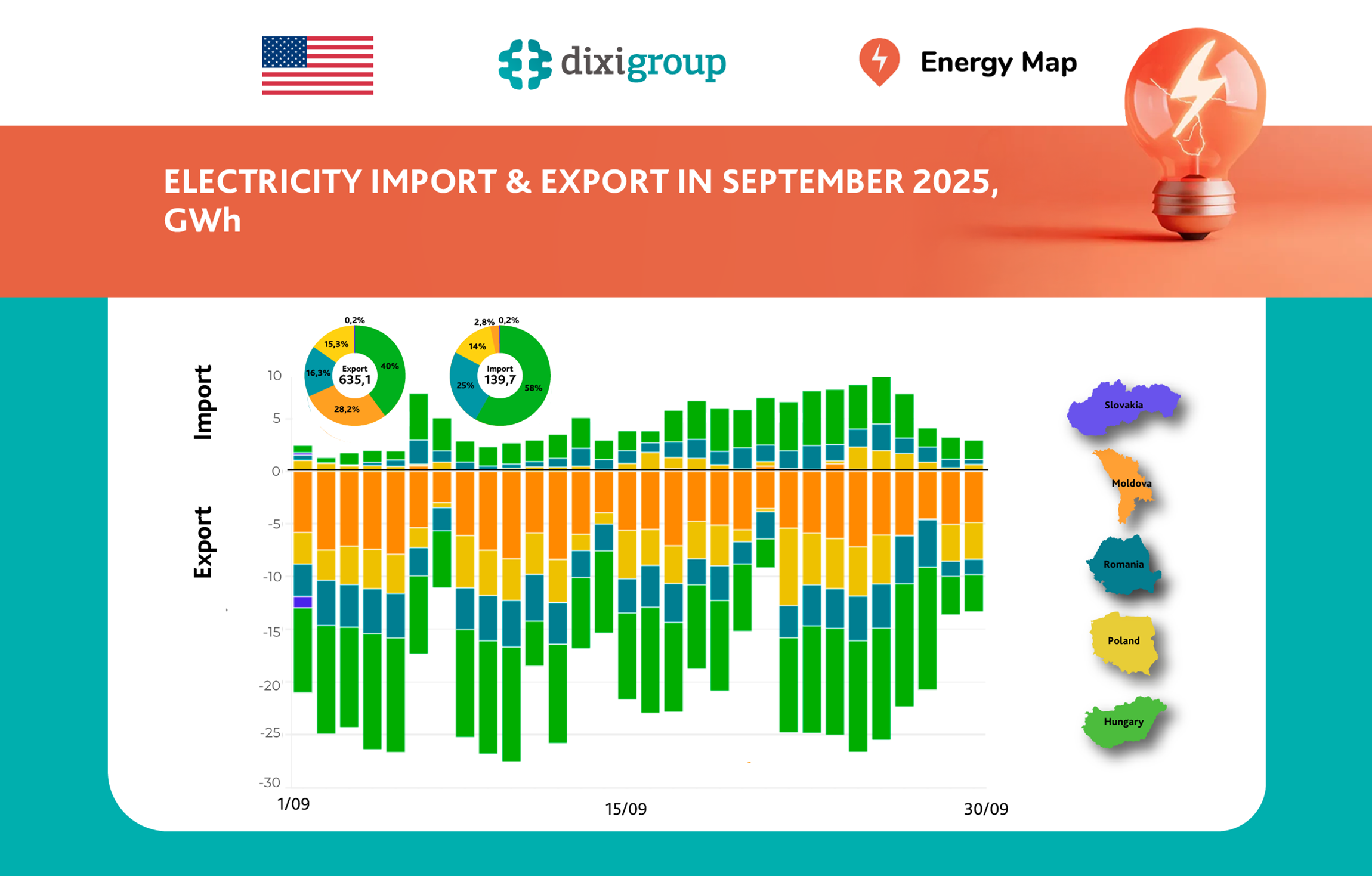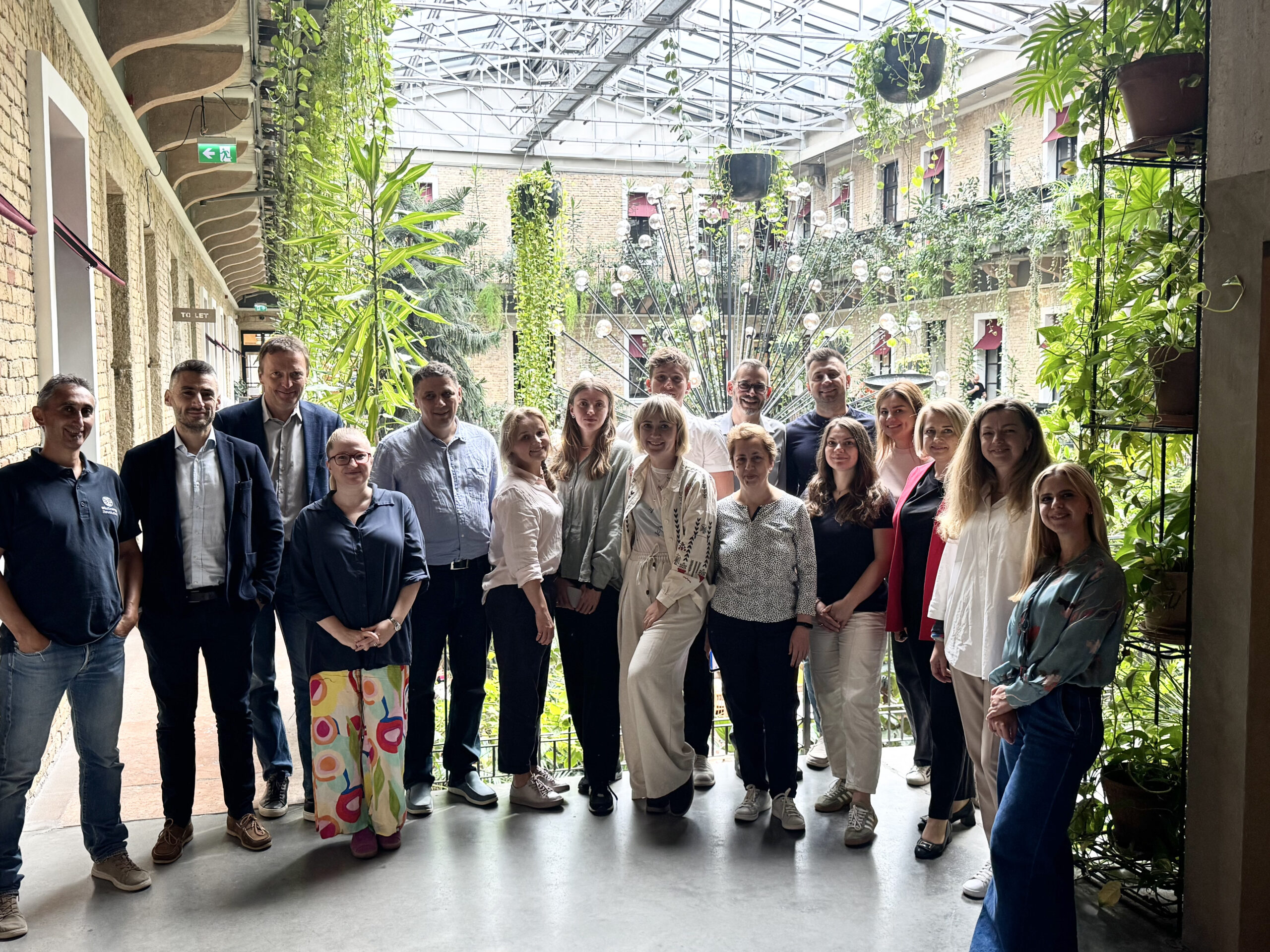On 30 April, the #RRR4U consortium presented a new issue of monitoring the implementation of the IMF and EU assistance under the Ukraine Facility. Despite the nominal successful fulfilment of its obligations to key international donors, Ukraine is showing a tendency to delay the implementation of a number of structural benchmarks and indicators. This, in turn, could lead to potential delays in funding.
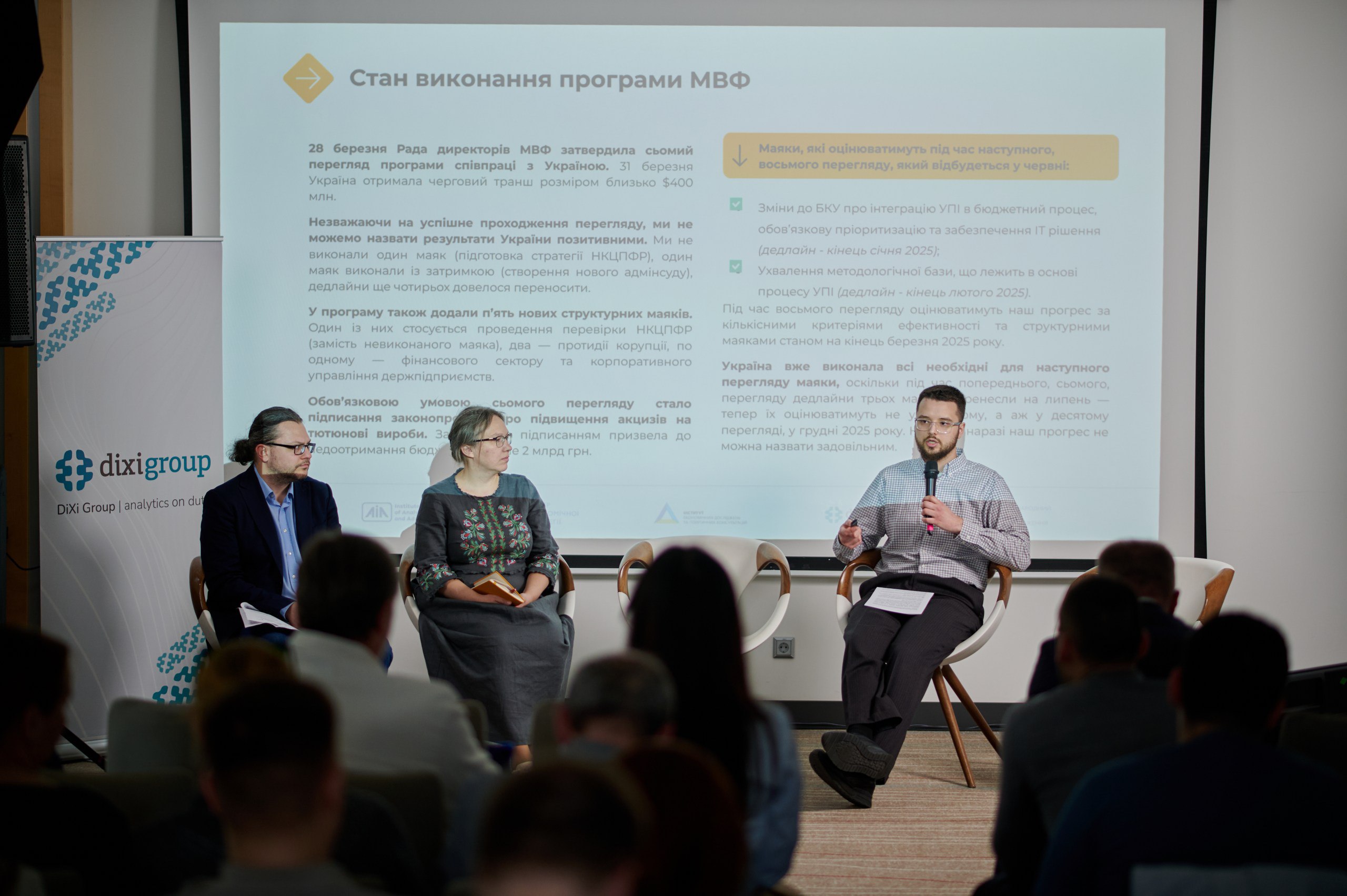
Ukraine has received another tranche of a loan of about $400 million from the International Monetary Fund (IMF). This is money that goes to the state budget to finance all important civilian expenditures. Despite the passage of the seventh review of the IMF programme, the RRR4U consortium cannot call Ukraine’s results positive, as one beacon (preparation of the strategy of the National Securities and Stock Market Commission) has not been fulfilled, and another beacon (creation of a new administrative court) has been delayed, said Maksym Samoiliuk, economist at the Centre for Economic Strategy. At the same time, the milestone of cancelling Lozovyi’s amendments has been postponed, but formally has not been met either.
To prevent the situation with non-implementation or delay of structural benchmarks from happening again, Ukraine has agreed with the IMF to postpone the deadlines for four more structural benchmarks to the following months.
“We have now entered a relatively calm period in the implementation of the IMF programme. During the next, eighth review, which will take place in June, only two structural benchmarks will be assessed – and we have fulfilled both of them. This number has decreased significantly compared to the previous plan, as several benchmarks were postponed to the future so that we could fulfil them in time”, – said Maksym Samoiliuk.
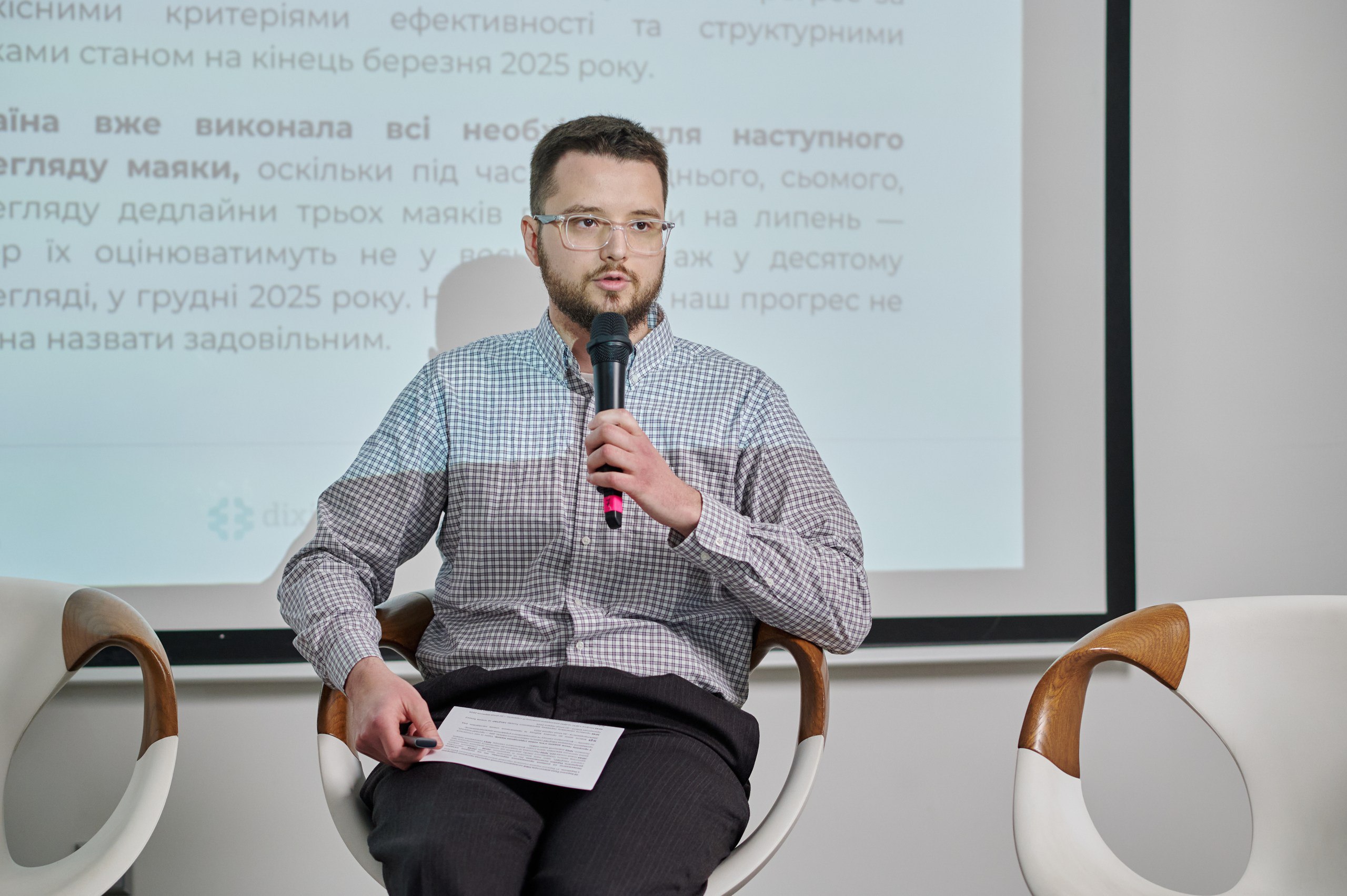
At the same time, Ukraine is not meeting the targets set out in the Ukraine Plan on time. While we did a great job in the fourth quarter of 2024 and received €3.5 billion, the situation with the first quarter of 2025 is not as optimistic. Out of 16 indicators, 4 were unfulfilled as of the end of April (civil service remuneration reform, increase in the staff of the High Anti-Corruption Court of Ukraine (HACC), entry into force of the law on reforming the Asset Recovery and Management Agency (ARMA) and reform of the territorial organisation of executive power), said Vyacheslav Kurylo, analyst at the Institute for Analysis and Advocacy (IAA).
“This actually happened against the backdrop of the European Commission’s approval of the methodology of partial payments under the Ukraine Plan. This methodology allows payments to be made not for all indicators in a quarter, but for those actually fulfilled. Accordingly, this creates a risk of not receiving part of the funds, which is quite critical in the current environment. However, this depends on the interpretation and conclusions of the European Commission, as some indicators may be recognised as fulfilled on a purely formal basis”, – the IAA analyst stressed.
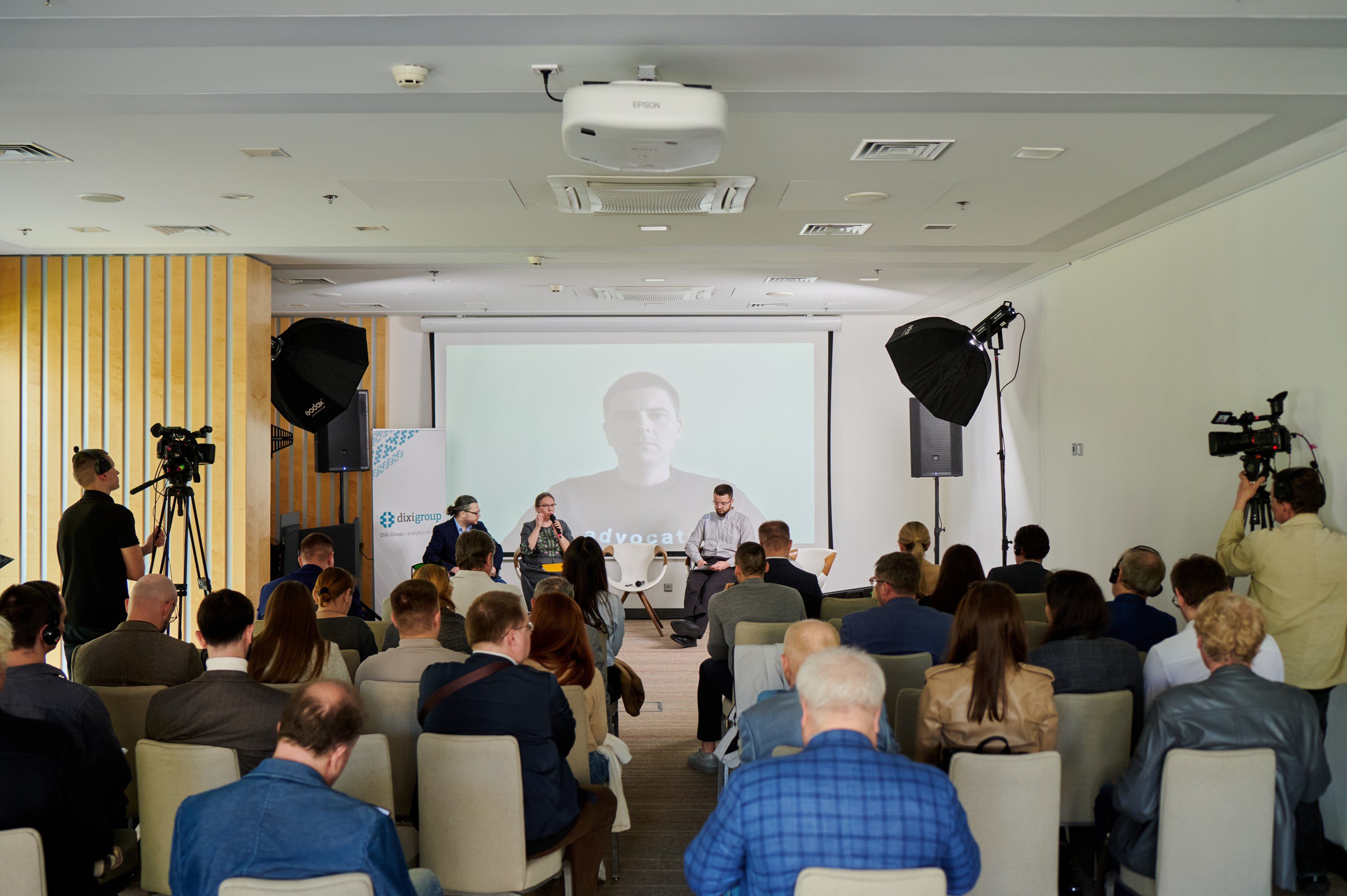


At the same time, Ukraine has so far met 2 of the 11 indicators for the second quarter of this year. Therefore, all responsible parties must accelerate their efforts to avoid the same situation as the one that occurred following the implementation of the Ukraine Plan in the first quarter, experts add.
The special topic of the April monitoring presentation was the investment component of the Ukraine Facility – the Ukraine Investment Framework (UIF) – with a total budget of EUR 9.3 billion, which provides for various approaches and types of financing, including loans, guarantees, and insurance. Its goal is to attract public and private investment for the recovery and reconstruction of Ukraine.
“The second component of the Ukraine Facility is actually very interesting, as it fits into the ecosystem that the Ukrainian government, our partners and donors are developing to provide businesses with affordable capital”, – said Roman Nitsovych, moderator of the event and Research Director at DiXi Group.
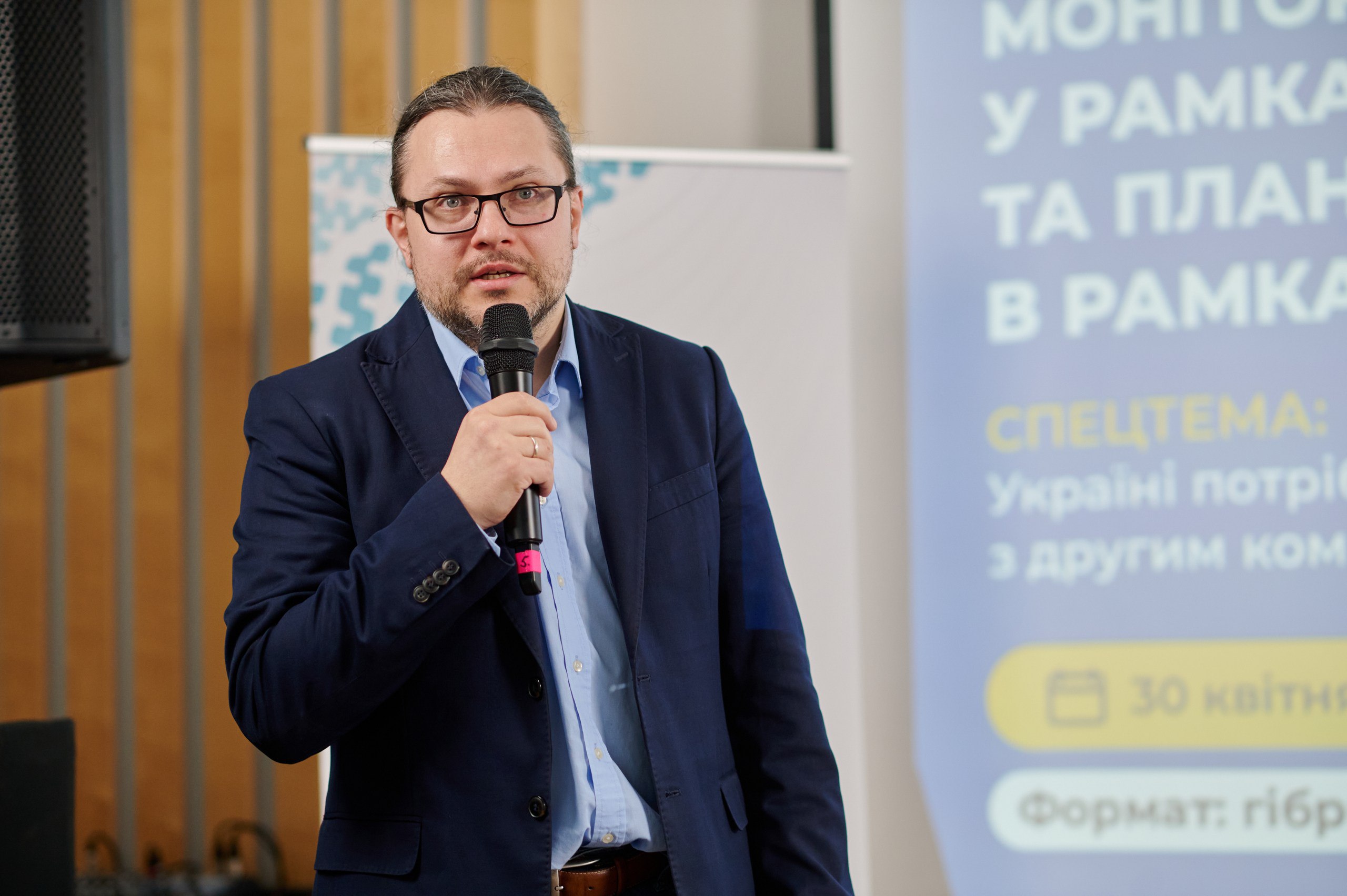


Priorities for UIF funding are determined by Ukraine. The sectoral priorities include energy, transport, agriculture, digitalisation, critical materials, and entrepreneurship, said Oleksandra Betliy, a senior researcher at the Institute for Economic Research and Policy Consulting.
The expert added that 15% of the guarantees under this component should go to small and medium-sized enterprises, including start-ups. That is, not only public and private large companies, but also small and medium-sized ones will benefit from the support. In addition, 20% of the funds should go to green investments that help protect the environment, conserve biodiversity, and mitigate the effects of climate change.
Ukraine already has examples of successful fundraising under the Ukraine Investment Framework. Despite this, we also face many challenges – there is a lack of projects suitable for funding. For example, due to the company’s inability to pass transparency and financial due diligence.
“A project can be well written, financial indicators can be calculated, but the company’s financial balance sheet suffers. This happens because companies are trying to minimise taxes in some places, or not fully disclose all their transactions. As a result, sometimes IFIs cannot support even a good project because the company does not pass all the checks. This reduces the number of projects that can access grants or investments, and this is precisely the problem”, – Oleksandra Betliy emphasised.
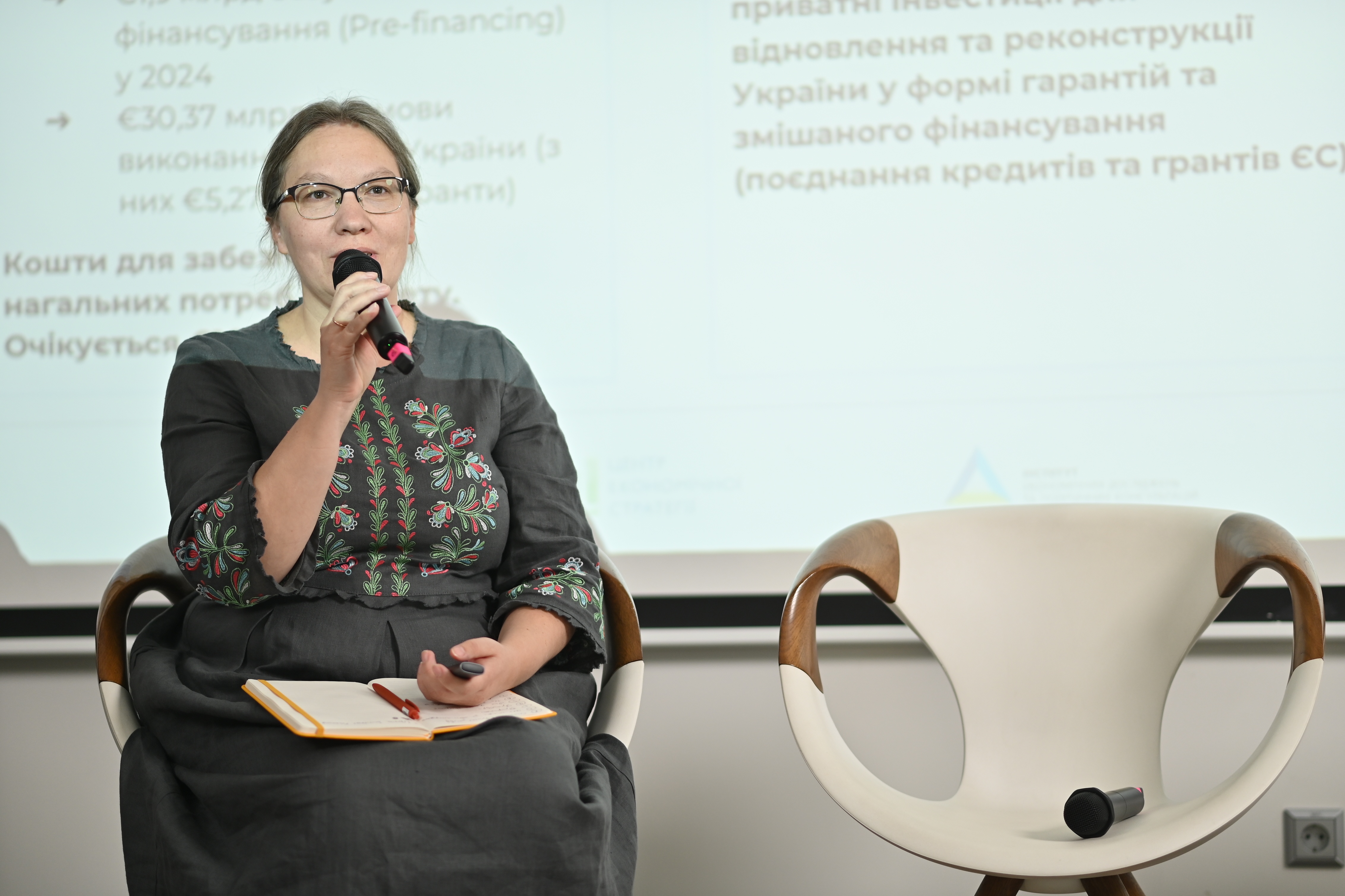


Currently, there is a need for project preparation programmes and technical assistance to improve financial reporting and governance structures in applicant companies.
The UIF is implemented by the Ministry of Economy as the national coordinator in cooperation with the European Commission. The Ministry also provides recommendations on the review and approval of project applications at various levels, the distribution of grants and technical assistance, coordinating the work of line ministries in line with government priorities and their coordination with other relevant institutions. This was stated by Maryna Khlystun, Director of the Department for Investment Attraction and Cooperation with International Organisations of the Ministry.
“We are building a proper investment environment,’ the official said. ‘We managed to eliminate about 200 regulatory restrictions in a fairly short time, prepare legislation for adaptation, develop a Single Window for Investors, and, together with the Ministry of Finance and the Ministry of Community and Territorial Development, implement public investment reform to use funds as efficiently as possible in accordance with our reconstruction plans”, – Maryna Khlystun stressed.
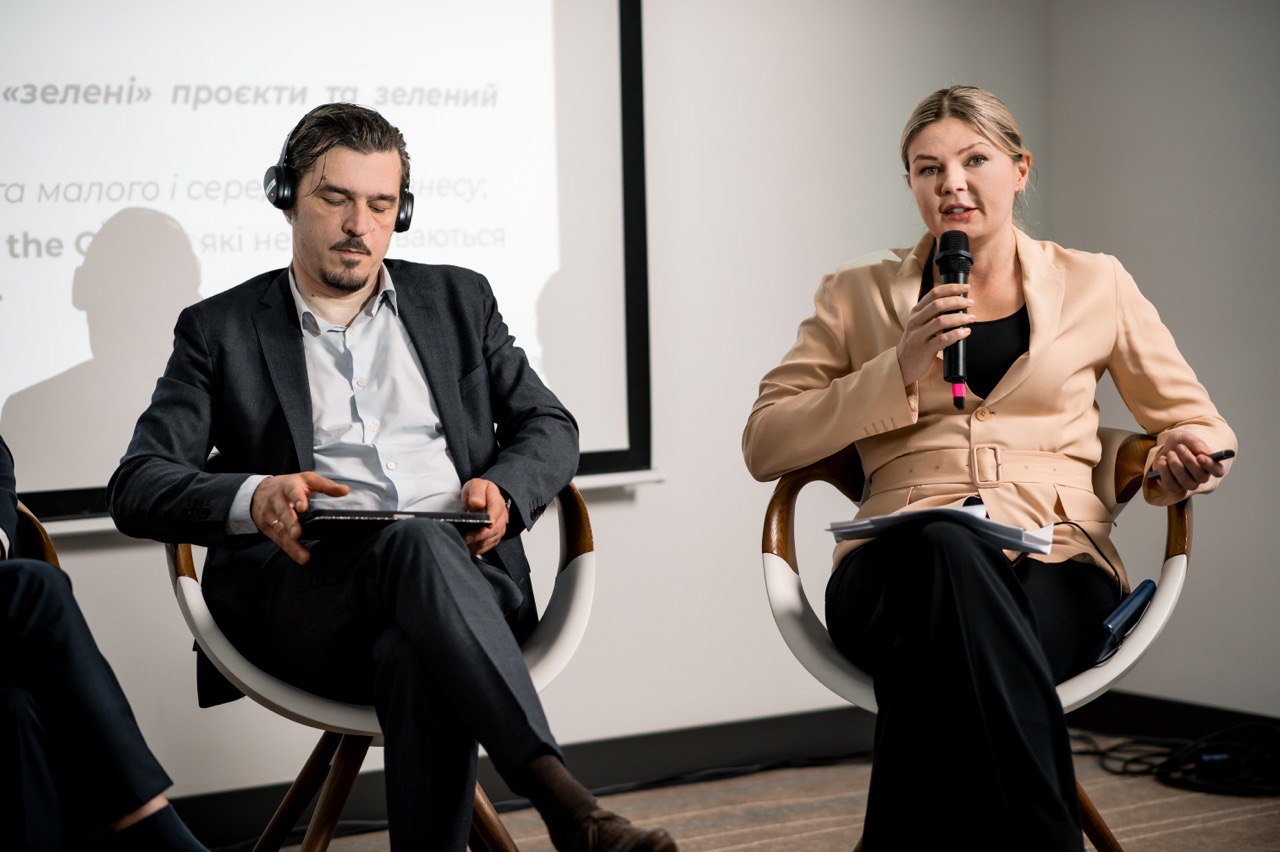


Ukraine is showing progress in reforms, particularly in improving the business climate—an important step for attracting funding through the UIF, according to the Delegation of the European Union to Ukraine.
“We are encouraging European companies to invest in Ukraine. You have made extraordinary efforts to reform public investments. This is a lever that adds predictability in such difficult conditions that the country is experiencing”, – assured Pierre-Yves Bellot, Program Manager to the Delegation of the European Union to Ukraine.
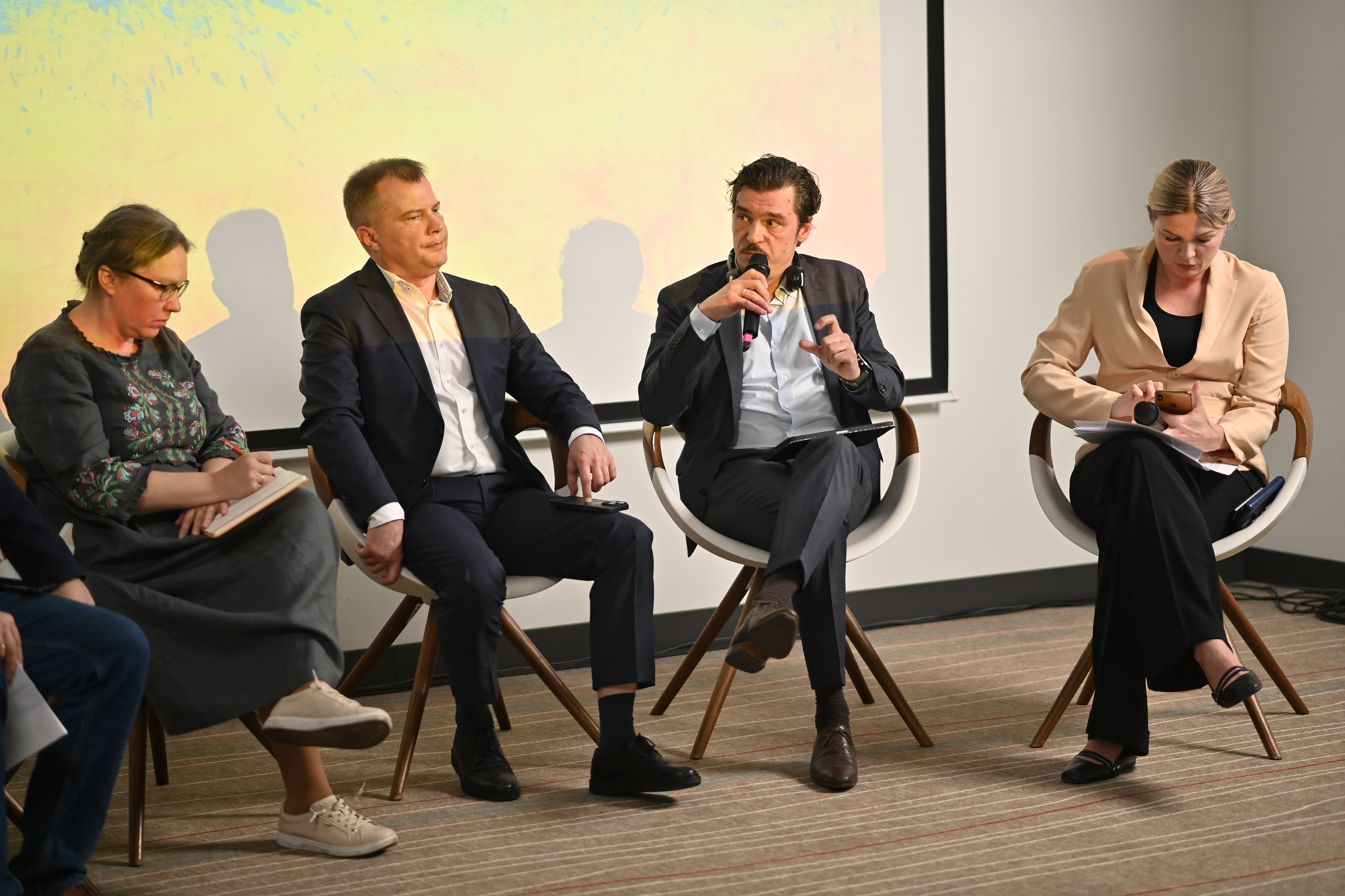


Oleksandr Buglak, Director of the Financial Institutions Department of Oschadbank, spoke about the participation of partner banks in raising funds.
“We are one of the most active participants in international programmes, including the Ukraine Investment Framework. The bank is already implementing a number of projects together with the EBRD and the EIB, ranging from lending to small and medium-sized businesses to large corporate clients and private borrowers. Such programmes allow us to reduce credit risks, increase the availability of financing for our clients and expand our role in the economic recovery of Ukraine”, – said Alexander Buglak.
Summing up the discussion, moderator Roman Nitsovych noted that Ukraine’s commitments to the IMF and the EU, as well as all other partners, must be fulfilled, primarily to build a favourable business climate, the rule of law, and properly functioning institutions so that investors want to come to Ukraine and invest.
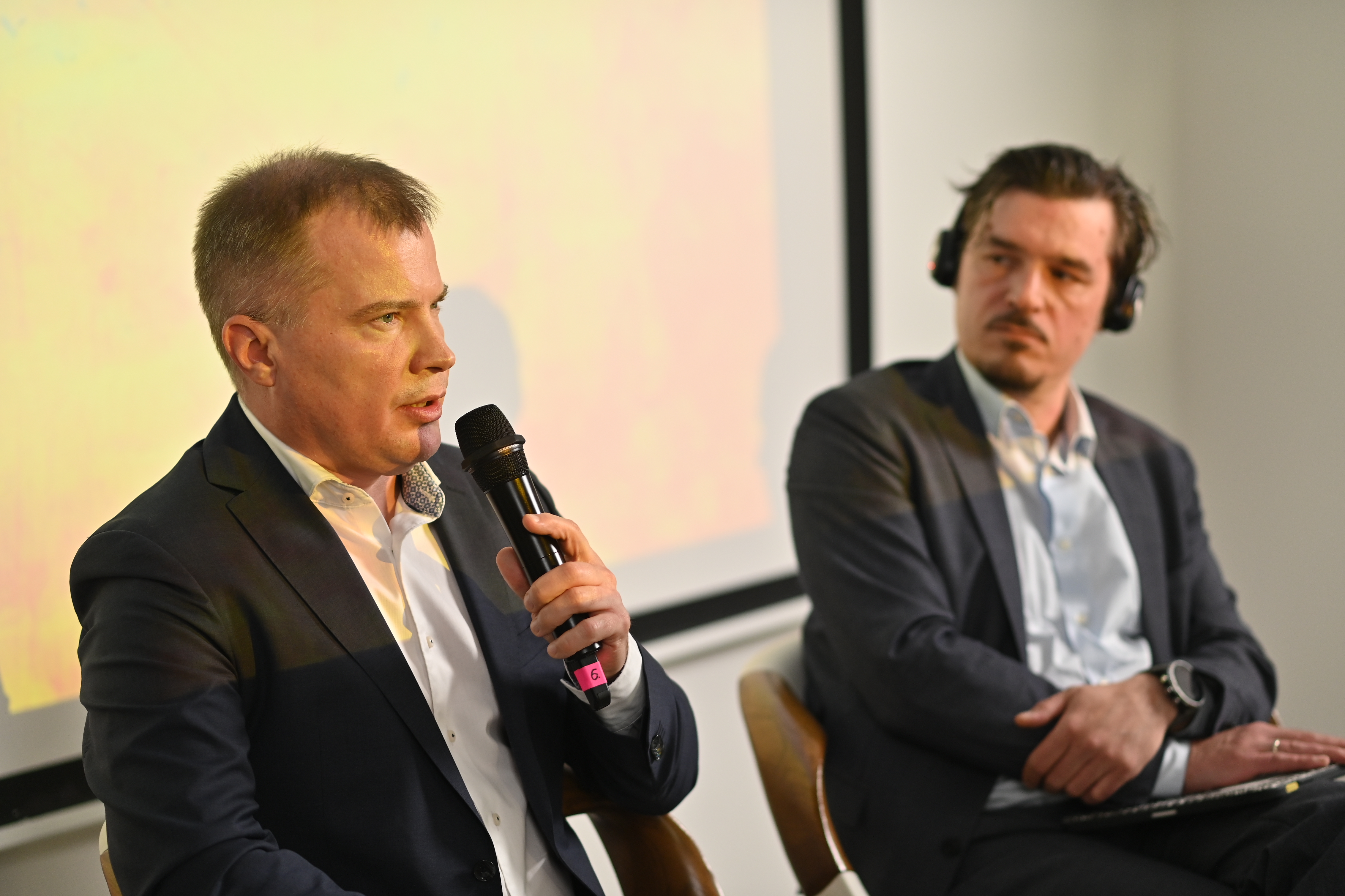


For more details, see the Monitoring of implementation of the IMF and the Ukraine Plan (April 2025).
The video of the event is available here.
Previous monitors can be found on the RRR4U website
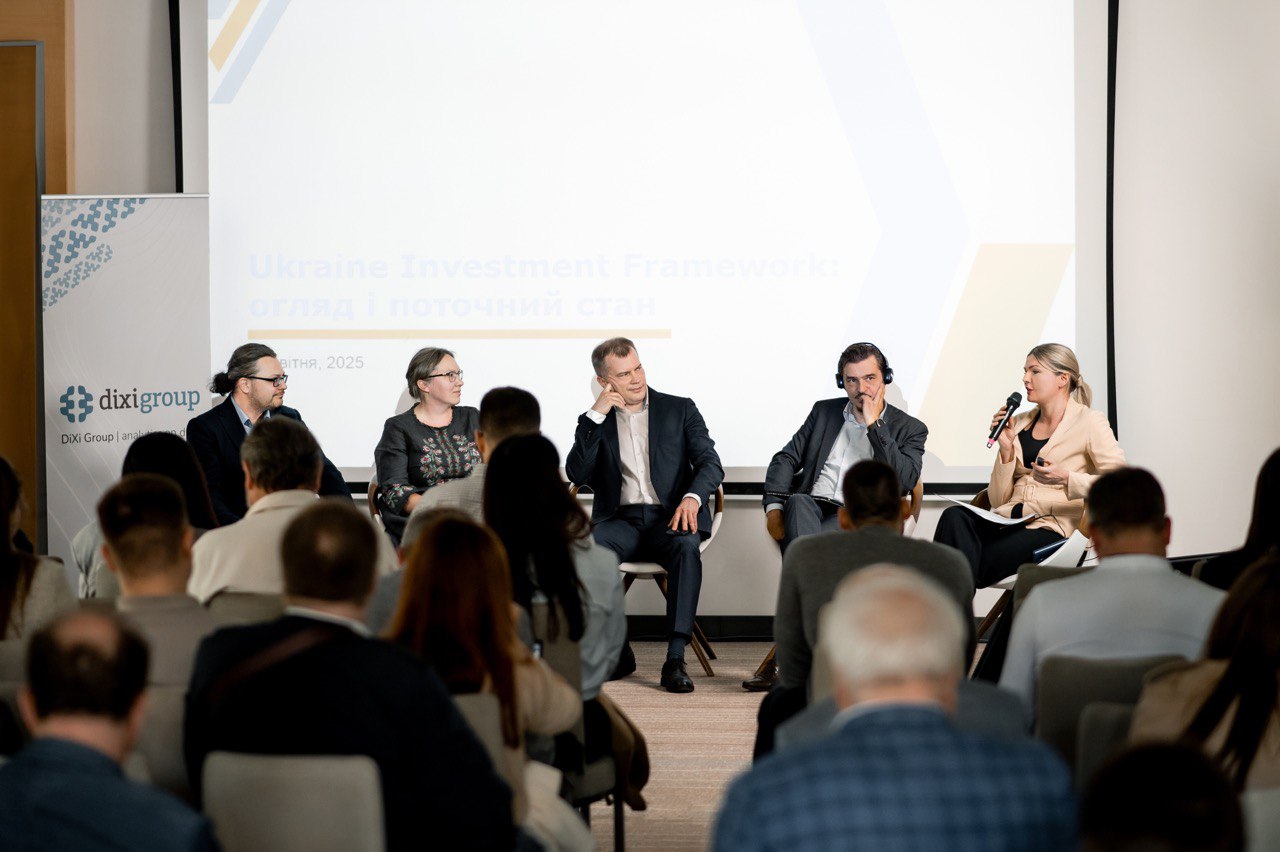


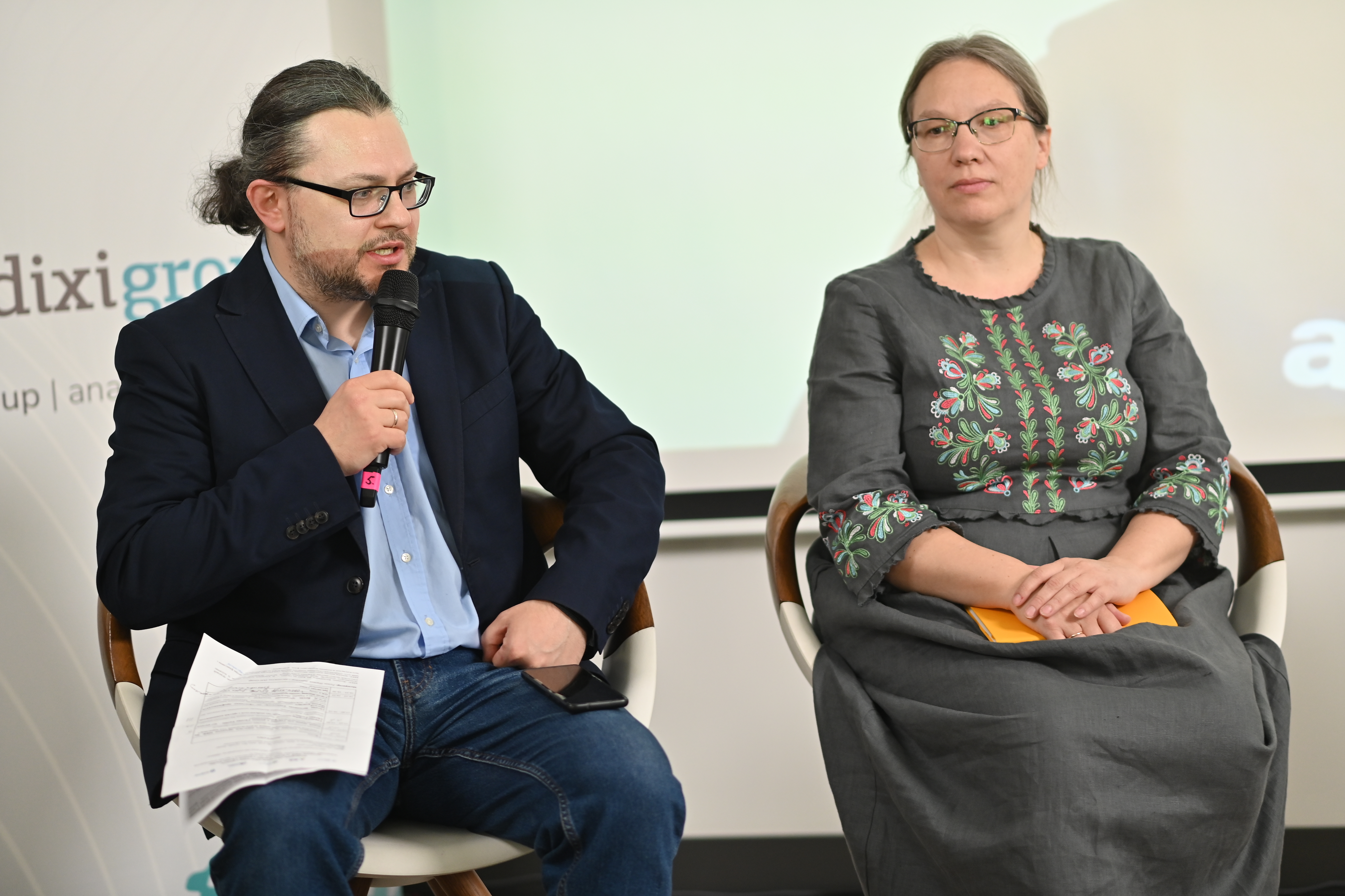


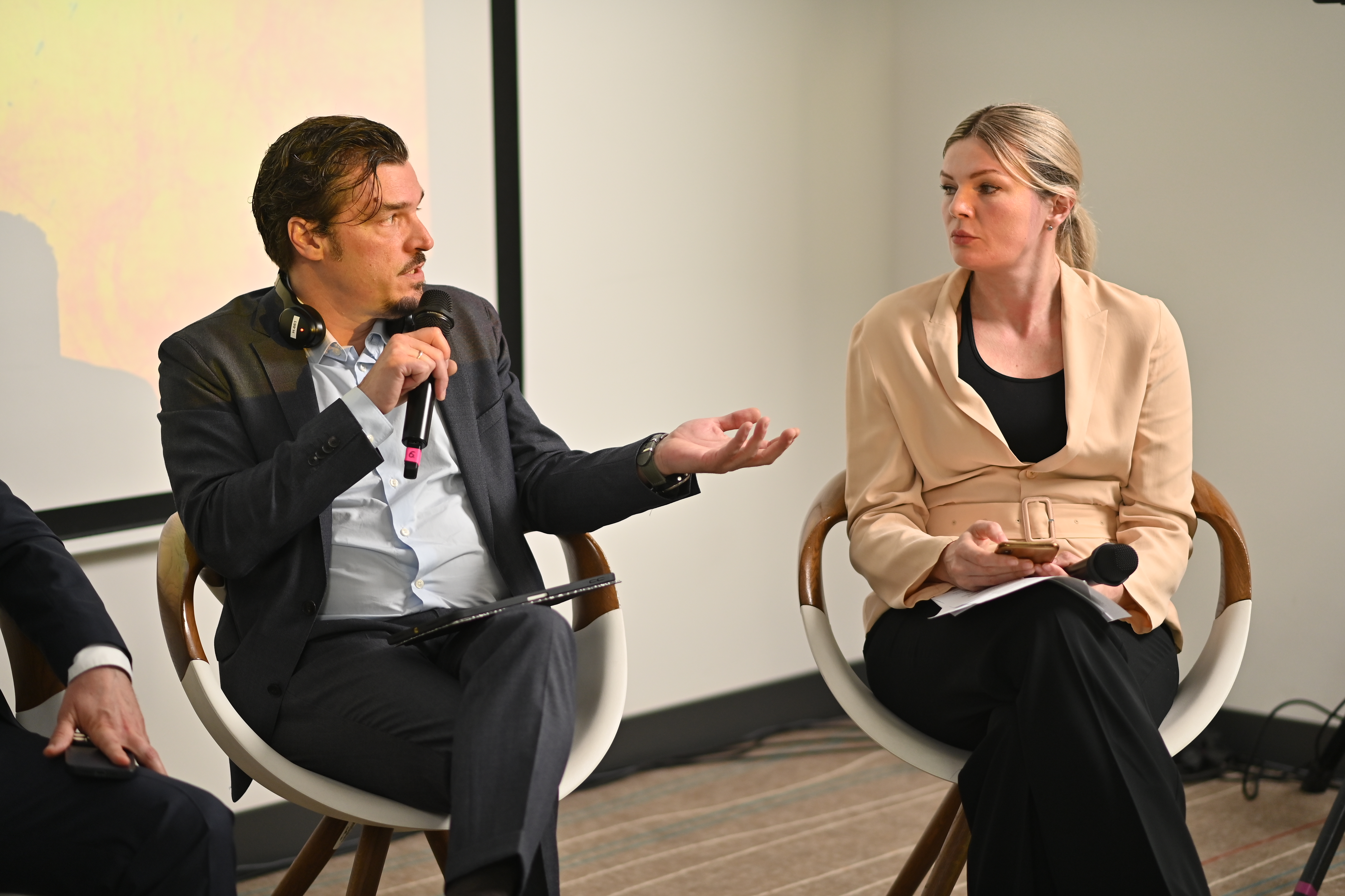


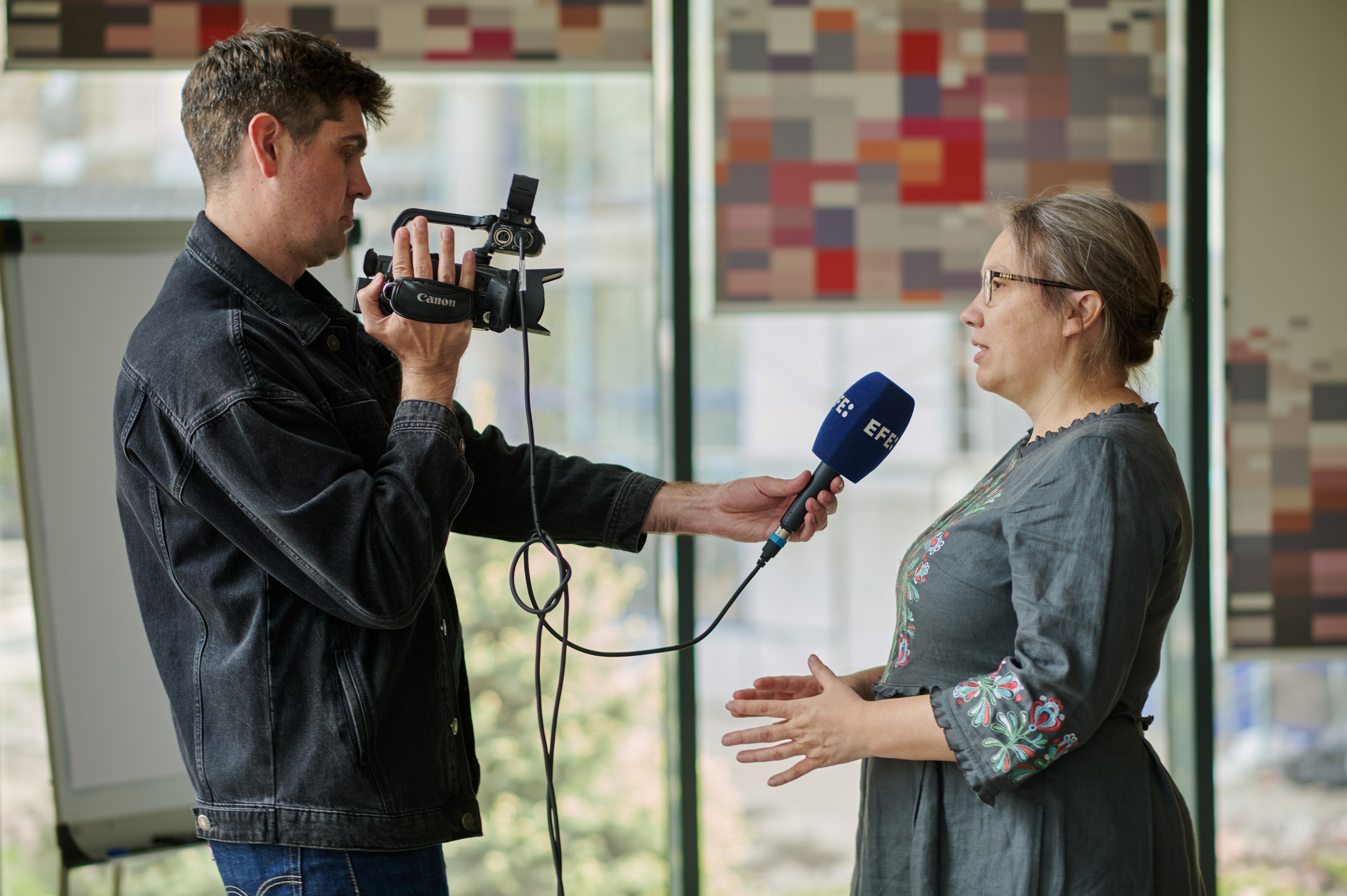





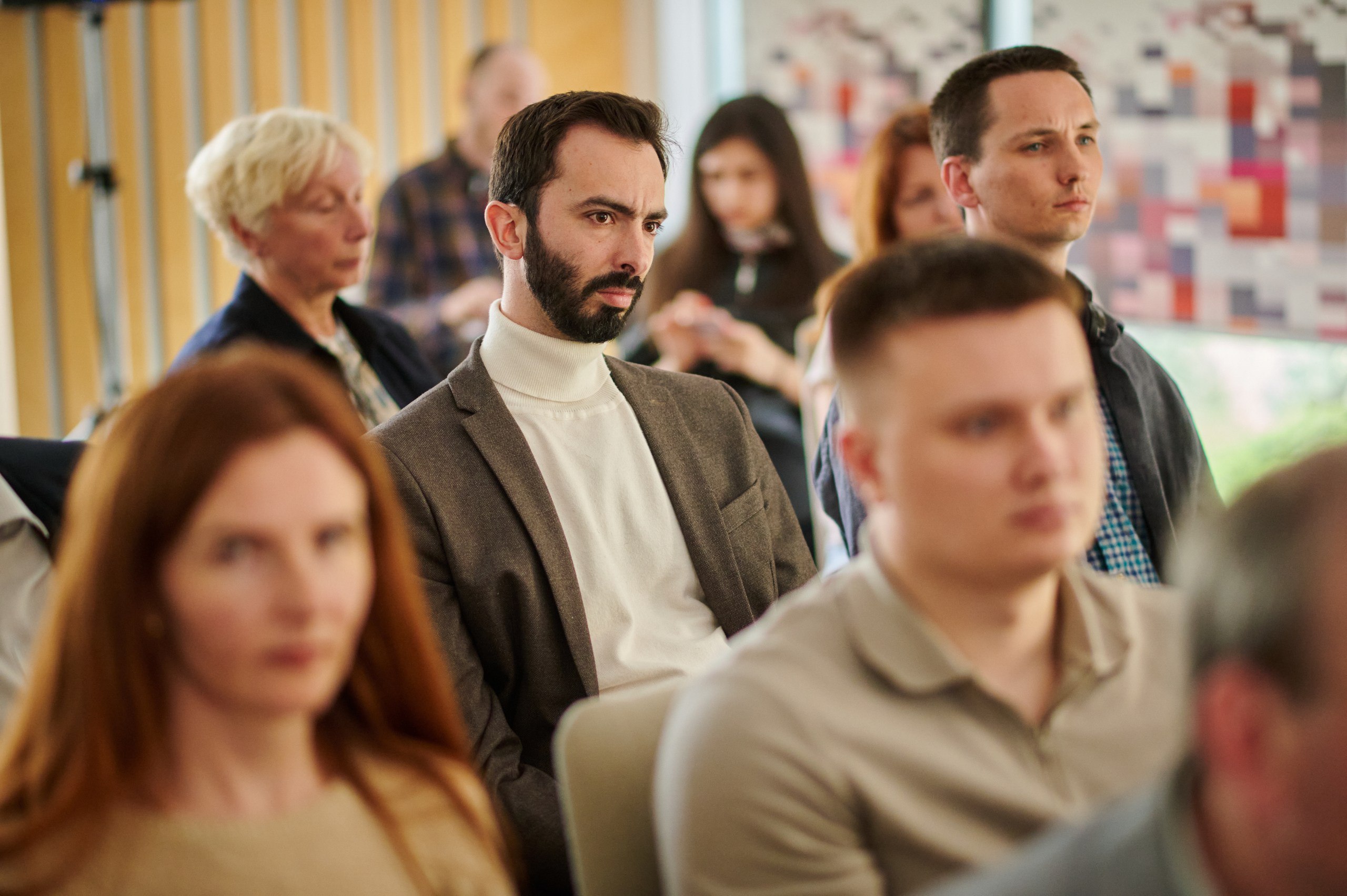


The preparation of the monitoring and the event were supported by the International Renaissance Foundation.
RRR4U (Resilience, Reconstruction and Relief for Ukraine) is a consortium of four Ukrainian civil society organisations: Centre for Economic Strategy, Institute for Economic Research and Policy Consulting, Institute for Analysis and Advocacy, DiXi Group.



